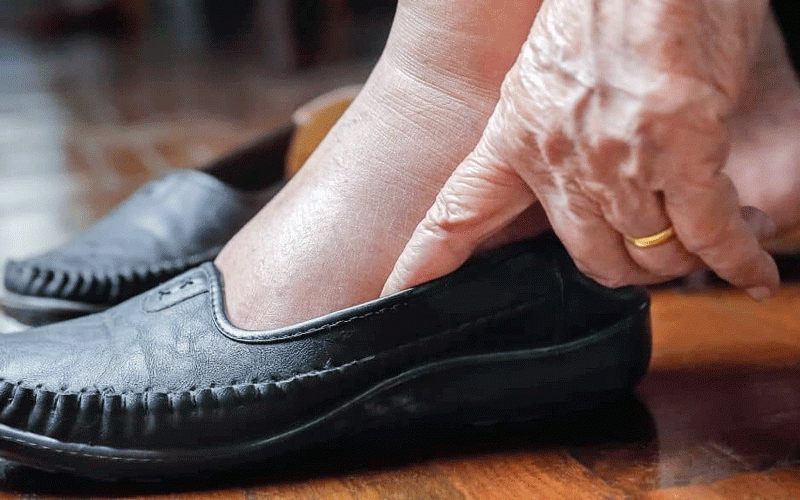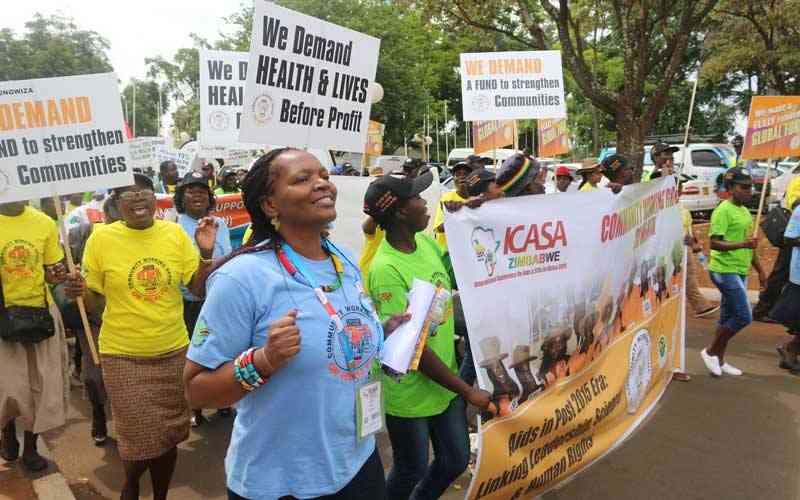
Speaking at a handover ceremony of maternity waiting homes at Mutoko District Hospital recently, United Nations Population Fund (UNFPA) country representative Dr Basile Tambashe lamented the high maternal mortality in the country.
“Current data indicate that Zimbabwe’s maternal mortality ratio is 725 deaths per 100 000 live births,” said Tambashe. “This sadly translates to eight women dying every day while giving birth. There is, therefore, need to continue redoubling our efforts towards achieving our goal of reducing maternal mortality by 75% by 2015.”
Minister of Health and Child Welfare Dr Henry Madzorera said a third of the women in Zimbabwe were delivering at home while another third were delivering without skilled attendance.
“These figures continue to worsen with the worsening economic decline,” said Madzorera in a speech read on his behalf by a principal director in his ministry, Dr Christopher Tapfumaneyi.
“The maternity waiting homes are dilapidated in most of the districts due to lack of maintenance. To date, over 30 maternity waiting homes mainly at district hospitals have been refurbished with support from the Japanese government.”
Madzorera said the current problems could be worsened by food shortages and the HIV and Aids pandemic.
“Though steadily progressing, available information shows that the country is still struggling to provide basic services such as food, health care and education,” said Madzorera.
He said women who delivered in institutions with access to skilled attendance had a chance of surviving “these potentially lethal threats”.
- Chamisa under fire over US$120K donation
- Mavhunga puts DeMbare into Chibuku quarterfinals
- Pension funds bet on Cabora Bassa oilfields
- Councils defy govt fire tender directive
Keep Reading
With the assistance of Japan, the government of Zimbabwe has refurbished and equipped 30 maternity waiting homes across the country as efforts to reduce high maternal mortality ratio (MMR) are scaled up.
Japanese Ambassador to Zimbabwe Yonezo Fukuda said expecting mothers often suffered complications because they failed to reach health care centres in time.
“Expecting women often suffer complications because they fail to reach care centres on time due to lack of transport. One ambulance in each of the 30 targeted health facilities was therefore repaired and is now available for emergencies,” said Fukuda. “With this facility, mothers about to give birth have a safe and comfortable environment in which to wait until they are due. Admitted mothers will also receive nutritional support.”











